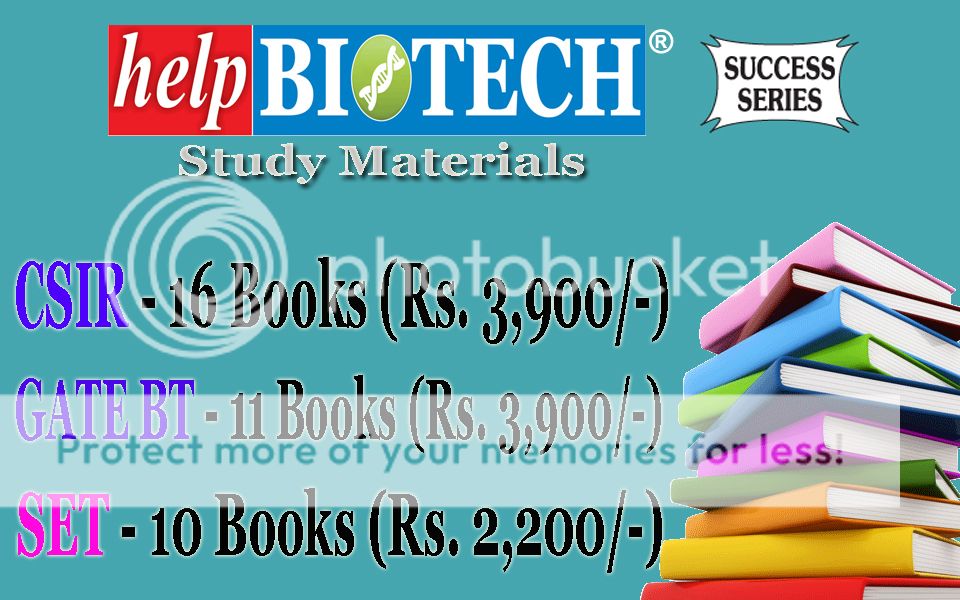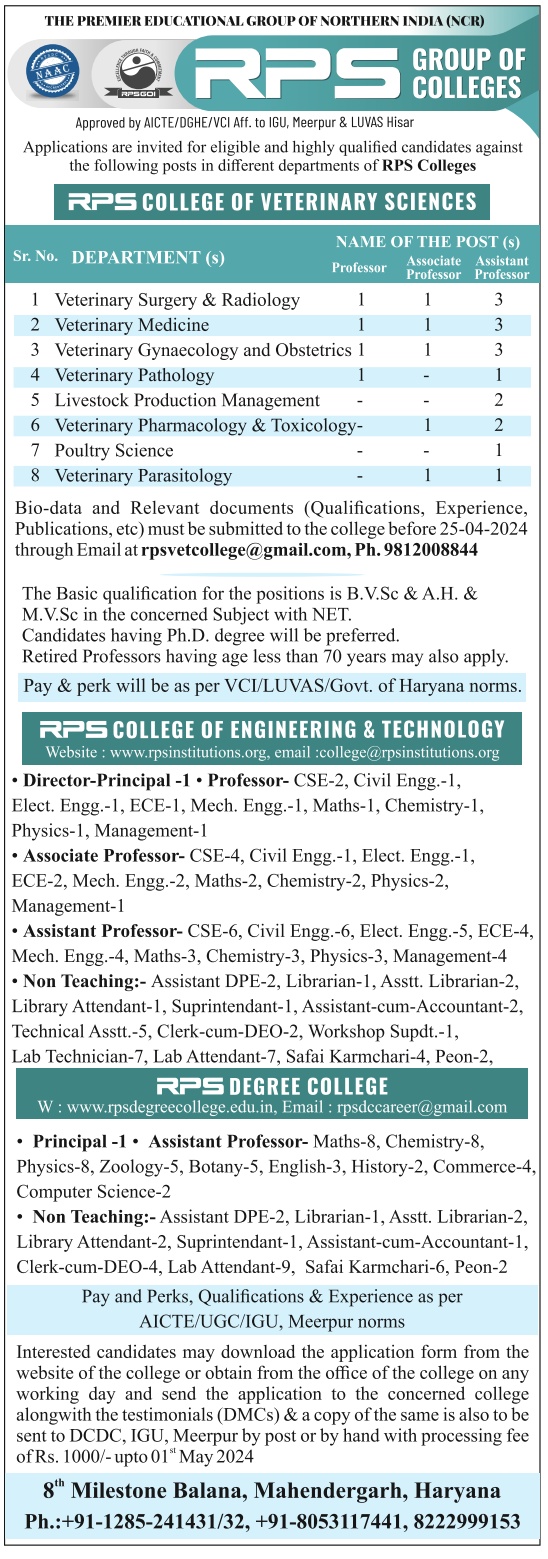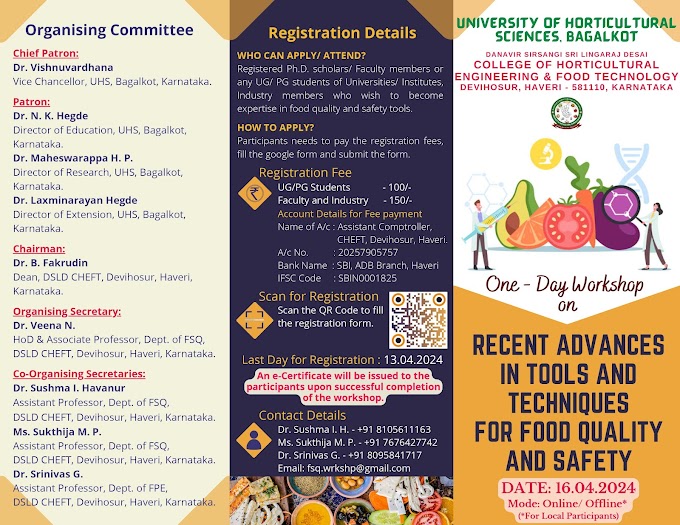Communicating Scientific Research: Presentations, Papers,
Posters, and Proposals
Overview
Communicating Scientific Research teaches young scientists and engineers how to communicate their
research effectively in presentations, papers, posters, and proposals. The course consists of one
intensive week of training, designed especially for graduate students who have begun their research.
The course combines lecture, discussion, critiquing workshops, and out-of-class assignments to give
the students opportunities to not only learn the most advanced techniques for communicating
scientific research, but also to speak and write about their research and to receive feedback on those
efforts. Based on a graduate course taught by Professor Michael Alley at Pennsylvania State University,
the University of Wisconsin-Madison, Virginia Tech, this course is designed to help graduate students
make their research communications more understandable, memorable, and persuasive. The course
will be based on two textbooks, The Craft of Scientific Presentations and The Craft of Scientific Writing,
both of which are authored by Michael Alley, the foreign faculty member for the course.
Objectives
Participants in the course will learn about:
1. Presentations: Patiently orient your audience in the beginning by
anchoring what is new with what is familiar
2. Presentations: Build technical presentations on messages
3.
Presentations: Support messages with visual evidence
4. Presentations: Achieve confidence in delivery through
fashioning sentences on the spot after planning and practice
5. Papers and Posters: Analyze what audience
knows and why they are reading
6. Papers and Posters: Cast each idea into a precise and clear sentence
7. Papers
and Posters: Connect sentences by beginning with the familiar and moving to the new
8. Papers and Posters:
Maintain energy in paragraphs by selecting strong verbs and cutting needless words
9. Papers and Posters:
Support paragraphs with thoughtful illustrations
10. Papers and Posters: Integrate paragraphs and illustrations
into sections
11. Papers and Posters: Arrange sections into documents
12. Proposals: Decide when to write a
research proposal
13. Proposals: Understand organization of research proposals
14. Proposals: Learn winning
strategies of research proposals
Modules
A.The Craft of Scientific Presentations
B. The Craft of Scientific Writing: Papers, Posters and Proposals
March 4–8, 2019
Number of participants for the course will be limited to fifty.
You Should
Attend If…
▪ Executives, engineers and researchers from manufacturing, service and government
organizations including R&D laboratories.
▪ Students at all levels (BS/MS/PhD) or Faculty from reputed academic institutions and
technical institutions.
Fees
The participation fees for taking the course is as follows:
Participants from abroad: US $300
Participants from Industry: INR 3000
Participants from Govt. Organizations: INR 2000
The above fee includes all instructional materials and assignments and 24 hr free internet
facility. The participants will be provided with accommodation on payment basis.
The Faculty
Michael Alley holds a master of science in
electrical engineering and a master of fine arts
in writing and is an associate professor of
engineering communication at Penn State. He
is the author three textbooks: The Craft of
Scientific Presentations (2003), The Craft of
Editing (2000), and The Craft of Scientific
Writing (1996). Both The Craft of Scientific
Presentations (2003) and The Craft of Scientific Writing have been
translated to Japanese. Over the past twenty years, he has taught
scientific writing and presentations to science and engineering
students at Penn State, the University of Texas, the University of
Wisconsin, and Virginia Tech. His professional communication
workshops have been held around the world. Sites include Sandia
National Laboratories, Lawrence Livermore National Laboratory,
Los Alamos National Laboratory, United Technologies, the Army
Corps of Engineers, the Environmental Protection Agency, Simula
Research Laboratory (Norway), the Institute for Energy Technology
(Norway), Kaust (Saudi Arabia), the European Space Agency (Chile),
the University of Barcelona, Shanghai Jiao Tong University, Seoul
National University, the University of Oslo, and the University of
Seville. Alley is the founder and lead editor for the popular website
“Writing Guidelines for Engineering and Science Students,” which
has a half-million visitors each year and is the first Google.com
listing for the topic of engineering writing.
Prof. Manoj K. Arora is Vice Chancellor at BML
Munjal University and former Director PEC
Univ. of Technology, Chandigarh. He holds a
Ph.D in Remote Sensing from Swansea
University, UK. He was a post-doctoral research
fellow for about two years in a NASA sponsored
project in Electrical Engineering and Computer
Science Department, Syracuse University, USA.
He has more than 30 years of teaching, research and administrative
experience in academic institutions in India, UK and USA.He works
in the areas of Remote Sensing, Surveying and Mapping,
Geographic Information System (GIS) & Global Positioning Systems
(GPS) and their applications.
Deepak Salunke received PhD from CSIR National Chemical Laboratory (NCL), Pune and
also worked on a Indo-French Sandwich Thesis
program at ICSN-CNRS France. As a
postdoctoral researcher, he worked at the
Department of Applied Chemistry, NCTU
Taiwan and Department of Medicinal
Chemistry at the University of Kansas (KU), Lawrence, USA and then
promoted as Assistant Research Professor at Higuchi Biosciences
Centre at KU. Before joining Panjab University, Chandigarh as
Assistant Professor of Chemistry, he worked at the Advinus
Therapeutics and SAI Life Sciences Pvt. Ltd. Pune.
Course Co-ordinators
Prof. Dr. Manoj K. Arora
Phone: +91-9872577544
E-mail: manoj.arora@gmail.com
Dr. Deepak B. Salunke
Phone: +91-8195968252
E-mail: salunke@pu.ac.in
Register : http://www.gian.iitkgp.ac.in/GREGN













0 Comments